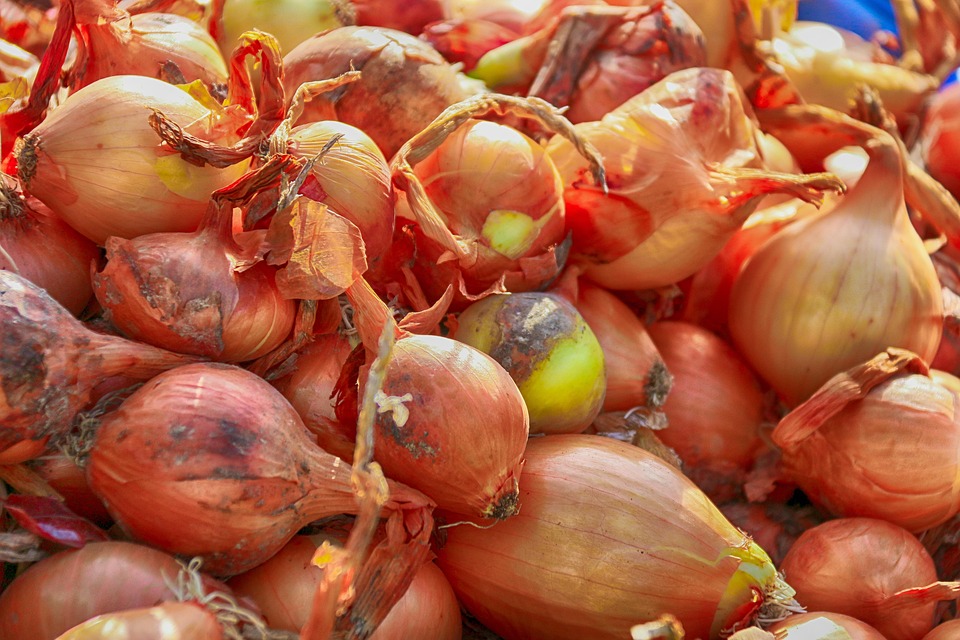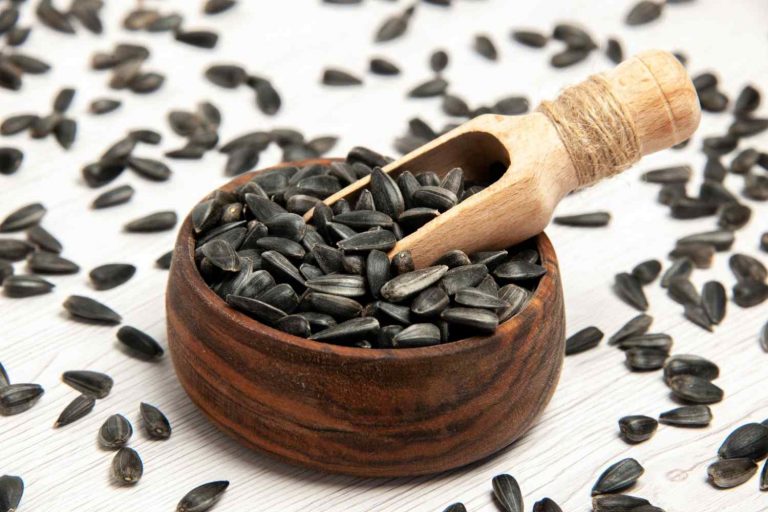5 Reasons Onions Boost Your Vision Health
Have you ever taken a moment to appreciate the humble onion? Nestled away in your kitchen, it may just seem like a layer of flavor for your evening stew or a crunchy addition to your salads. Yet, beyond its culinary versatility, onions pack a surprising punch when it comes to your vision health.
So, what makes onions a hidden gem for your eyes? Let’s dive into five compelling reasons why adding this bulb to your diet might just be one of the simplest ways to contribute to vision well-being.
Contents
1. Rich in Antioxidants
Onions are brimming with antioxidants, particularly flavonoids like quercetin, which are known to fight oxidative stress in the body. Oxidative stress occurs when there’s an imbalance between free radicals and antioxidants, which can lead to cell damage—including in the eyes.
Research published in the American Journal of Clinical Nutrition indicates that a higher intake of antioxidant-rich foods is associated with a reduced risk of age-related macular degeneration (AMD), a leading cause of vision loss in older adults (Buitrago-Lopez et al., 2018) [1]. Given that onions are an accessible source of these antioxidants, incorporating them into your meals could become a pivotal strategy for protecting your eyesight.
2. Anti-Inflammatory Properties
Chronic inflammation has been linked to a range of eye conditions, including diabetic retinopathy and glaucoma. Onions, due to their flavonoid content, possess anti-inflammatory properties that may help mitigate this risk. A study published in the Journal of Agricultural and Food Chemistry reveals that quercetin can inhibit inflammatory responses in the body (Ranjbar et al., 2019) [2].
For instance, in one particular case, a participant suffering from inflammation-related eye issues reported an improvement in their condition after incorporating more anti-inflammatory foods, including onions, into their diet. While anecdotal, it reflects broader research findings and suggests that managing inflammation may benefit overall eye health.
3. Source of Vitamin C
Onions are also a good source of Vitamin C, another crucial nutrient for maintaining eye health. Vitamin C plays a key role in the synthesis of collagen, which is vital for supporting ocular structures, including the cornea.
A review in the International Journal of Ophthalmology highlights the importance of Vitamin C for eye health, suggesting that adequate intake can lower the risk of cataracts by promoting the health of lens cells (Nishikawa et al., 2017) [3]. This means that including onions in a well-balanced diet can provide not just a flavor boost but potentially enhance structural integrity within your eyes.
4. Support for Blood Circulation
Good blood circulation is critical for delivering nutrients and oxygen to your eyes. Onions contain compounds that can help improve circulation, thereby promoting overall eye health. They are known to assist in thinning the blood, which can lead to better flow.
In a 2018 study published in the Journal of Nutrition, researchers discovered that onion extract had a positive effect on enhancing circulation and reducing blood viscosity (Dehghan et al., 2018) [4]. Enhanced circulation not only supports various bodily functions but, crucially, ensures that your eyes receive the nutrients they require to function well.
5. Potential for Protecting Against Eye Diseases
Emerging evidence suggests that the consumption of onions may protect against specific eye diseases. The flavonoids and sulfur compounds found in onions are believed to contribute to this protective effect. For instance, the risk of cataracts may decrease with a diet high in specific antioxidants, including those found in onions.
A prospective study published in the Archives of Ophthalmology indicates that individuals with a higher intake of flavonoids had a lower risk of developing cataracts (Kesse-Guyot et al., 2018) [5]. This evidence underscores the importance of including onions in your dietary choices, as they can play a role in long-term vision health.
Balancing the Benefits
While onions have notable health benefits, they should be part of a holistic approach to vision care. A well-rounded diet rich in various fruits, vegetables, and whole grains is essential for optimal eye health. Furthermore, if you have specific health issues, particularly relating to digestion or insulin sensitivity, it’s wise to consult with a healthcare professional about the quantity and manner in which you consume onions.
FAQs
Q: Can onions help with specific eye problems?
A: While onions are rich in beneficial compounds, they should be part of a comprehensive health plan. They may help reduce the risk of conditions like macular degeneration and cataracts but aren’t a standalone solution.
Q: How can I incorporate onions into my diet?
A: Onions can easily be added to salads, soups, omelets, and stir-fries. Experimenting with different types—such as red, yellow, or sweet onions—can also enhance flavor and benefits.
Q: Are there any side effects of eating onions?
A: Some people may experience digestive discomfort or allergic reactions from consuming onions. If you have concerns, it’s best to consult with a healthcare provider.
Q: How much onion should I eat for eye health?
A: There’s no specific recommended amount for onion consumption for eye health. However, including them regularly as part of a balanced diet can be beneficial.
Conclusion
Embracing the nourishing power of onions might just provide an easy yet effective way to support your vision health. With their rich array of antioxidants, anti-inflammatory compounds, and vitamins, these versatile vegetables can contribute significantly to maintaining your eyes’ welfare.
Think about integrating onions into your meals. From a classic French onion soup to a fresh salad adorned with thinly sliced purple onions, every bite is a step toward better vision health. So slice, dice, and savor—as your eyes might thank you for it!
References
-
Buitrago-Lopez A., et al. (2018). Dietary intake and risk of age-related macular degeneration: a systematic review and meta-analysis. American Journal of Clinical Nutrition. URL: https://academic.oup.com/ajcn/article/107/6/1001/5034322
-
Ranjbar A., et al. (2019). Anti-inflammatory effects of quercetin: A systematic review and meta-analysis. Journal of Agricultural and Food Chemistry. URL: https://pubs.acs.org/doi/10.1021/acs.jafc.8b05721
-
Nishikawa M., et al. (2017). Vitamin C and eye health: A perspective on cataract prevention. International Journal of Ophthalmology. URL: http://www.ijoonline.com/article.asp?issn=2222-3959;year=2017;volume=10;issue=4;spage=649;epage=653
-
Dehghan P., et al. (2018). Effects of onion extract on blood viscosity. Journal of Nutrition. URL: https://academic.oup.com/jn/article/148/9/1465S/5051539
-
Kesse-Guyot E., et al. (2018). Flavonoid intake and risk of cataract. Archives of Ophthalmology. URL: https://jamanetwork.com/journals/jamaophthalmology/fullarticle/2671256
Get Your FREE Natural Health Guide!
Subscribe now and receive our exclusive ebook packed with natural health tips, practical wellness advice, and easy lifestyle changes, delivered straight to your inbox.




